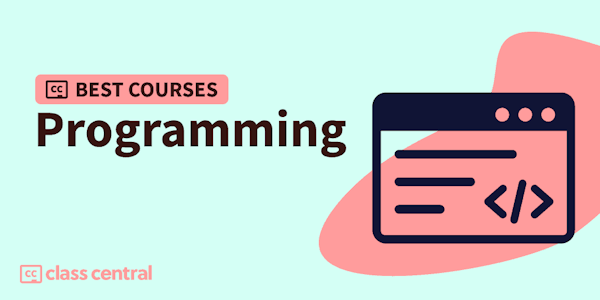The course is four modules long and is designed to be completed in four weeks.
SPECIAL NOTE: Python Programming: A Concise Introduction course will close for new learner enrollment on 2/16/22. In order to earn a Course Certificate, you will need to complete all graded assignments by 8/16/22. If you are interested in earning a Course Certificate for this course, please upgrade or apply for Financial Aid by 8/16/22. If you are a Coursera for Business learner, you can continue to use your sponsored credit through that date.








